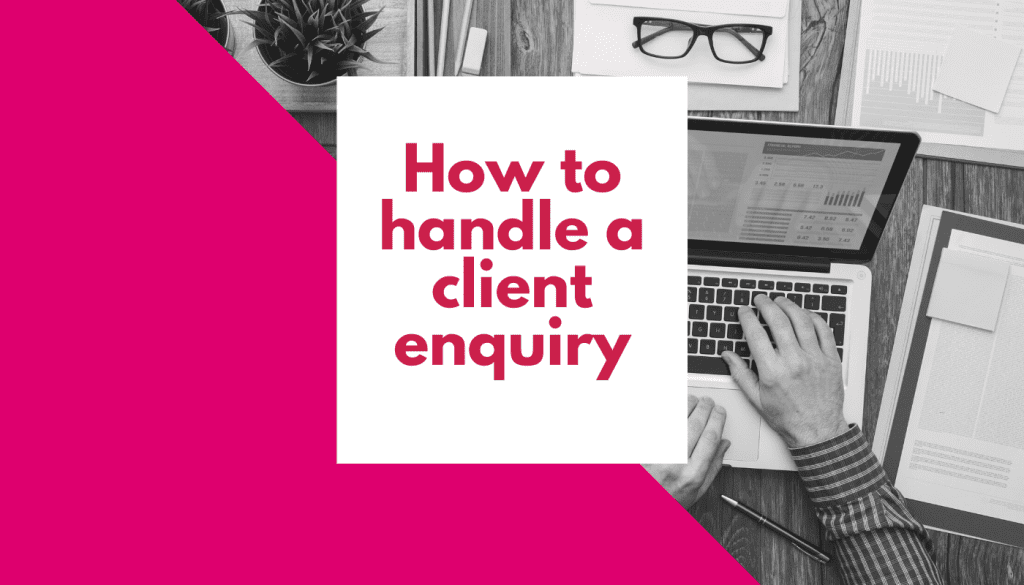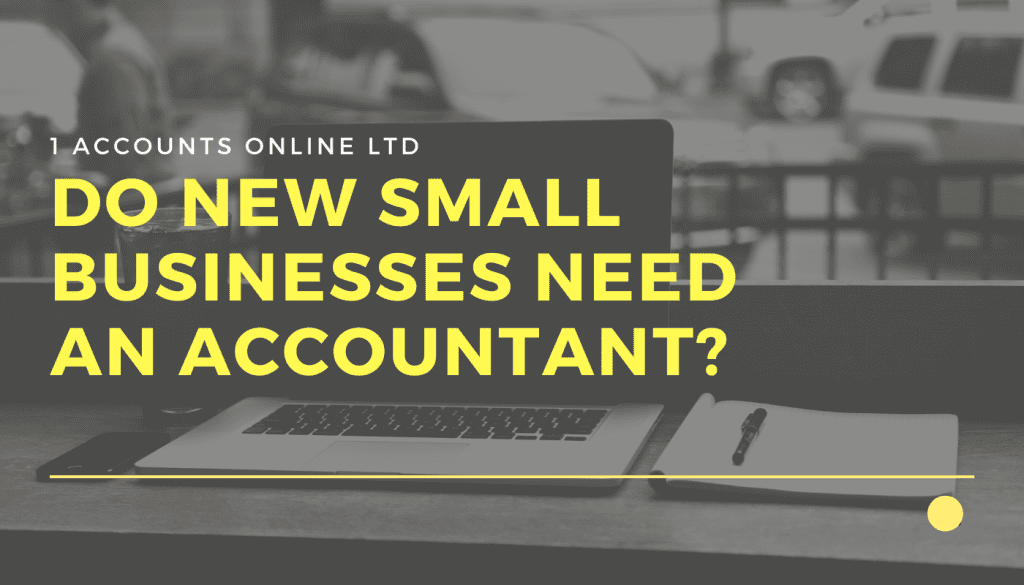
If you want to build your business (not your workload) and you want to spend time on doing the things…

If you want to build your business (not your workload) and you want to spend time on doing the things…

How you handle a client enquiry can determine whether that prospect converts into a lead or whether they go elsewhere….

Do you publish new content on your website regularly? If you don’t, you should be. Blogging is an integral part…

“Gravitas” was one of the ancient Roman virtues that denoted “seriousness,” but nowadays it’s a quality that also extends to…

I don’t know about you, but Covid has me all out of whack. In the past, I’ve had a clear…

According to business start-up statistics in the UK, 20% of businesses fail in their first year and around 60% will…

If you’re at the point where you can’t take on any more work or, to grow your business, you need…

When asked “What does an accountant do?” many people answer with accounts, tax or compliance work. While that’s true, what…

Working from home has its challenges. On its own, that shift in environment takes some getting used to, especially if…

Self-employment is quickly becoming an area of interest for many people. It’s not surprising really when you hear that UK…